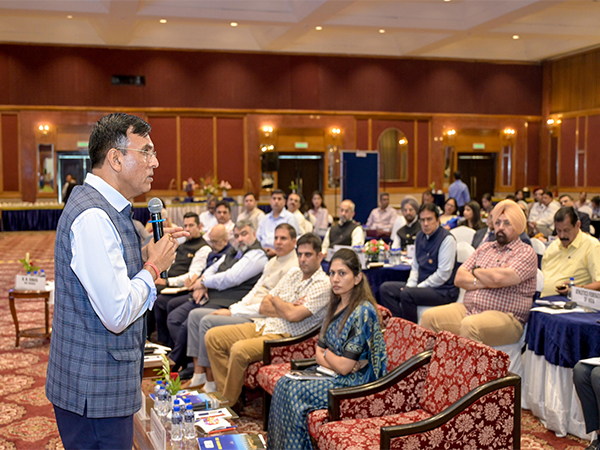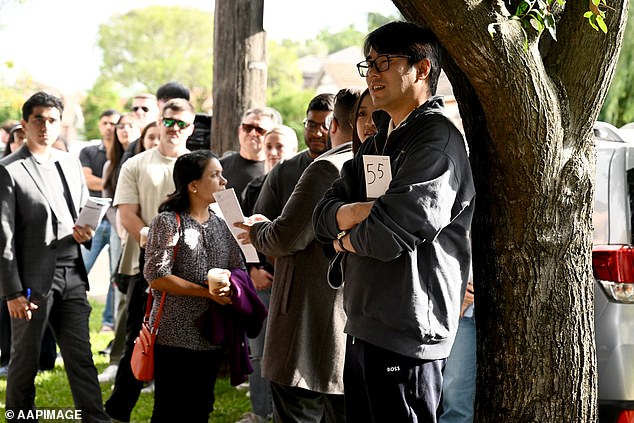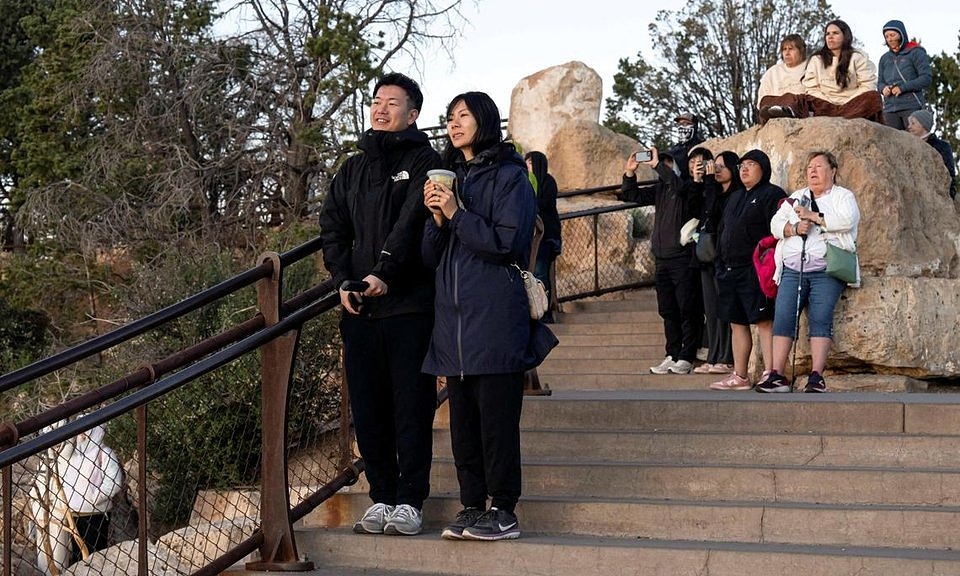
Skydance Media Pledges to Eliminate DEI Policies as Part of Merger with Paramount Global
Skydance Media, a prominent entertainment company in the process of acquiring Paramount Global for approximately $8 billion, has made a formal commitment to the Federal Communications Commission (FCC) to remove all Diversity, Equity, and Inclusion (DEI) policies and practices from Paramount. This decision is part of an effort to gain approval for the merger under the Trump administration’s executive orders.
In a letter sent to FCC Chairman Brendan Carr, a representative from Skydance stated that the company will dismantle existing DEI programs at Paramount. This move aligns with President Donald Trump's January executive order, which directs federal agencies to "enforce our long-standing civil-rights laws and to combat illegal private-sector DEI preferences, mandates, policies, programs, and activities."
This action comes after Paramount and its subsidiary, CBS News, had already begun discontinuing their DEI initiatives earlier this year. These steps followed the executive order and a major lawsuit. The lawsuit, filed by a former employee, claimed unlawful discrimination, alleging that they were repeatedly passed over for promotions in favor of less-experienced candidates from minority groups. Both Paramount and CBS News settled the case.
The FCC filing outlines the elimination of several DEI practices, including:
- Setting "aspirational goals related to hiring female employees and employees of color."
- Awarding annual bonuses based on "progress against DEI goals."
- Establishing minimum spend requirements for "diverse" suppliers and vendors.
- Maintaining an Office of Global Inclusion dedicated to promoting DEI within the company.
Stephanie Kyoko McKinnon, general counsel for Skydance, stated in the filing, "The company is committed to ensuring that its storytelling reflects the many audiences and communities it serves in a manner that complies with non-discrimination requirements and other applicable laws."
Broader Trend Among Corporations
This strategic shift by Skydance reflects a broader trend among major corporations responding to the Trump administration's policies. Earlier this year, T-Mobile announced it would "no longer have any individual roles or teams focused on DEI," and in May, Verizon also stated it was scrapping its DEI programs.
Beyond the elimination of DEI programs, Skydance has also pledged to promote "unbiased journalism" and a "diverse array of viewpoints on television" under the proposed merger. This commitment follows a $36 million payment from Paramount to President Donald Trump, settling a lawsuit in which the president alleged CBS manipulated a "60 Minutes" interview featuring former Vice President Kamala Harris prior to the 2024 election.
Addressing Concerns of Bias
To further address concerns of bias, Skydance has committed to establishing an ombudsman position for a minimum of two years. This ombudsman will be responsible for reviewing any complaints of bias related to CBS reporting.
"After consummation of the proposed transaction, New Paramount’s new management will ensure that the company’s array of news and entertainment programming embodies a diversity of viewpoints across the political and ideological spectrum, consistent with the varying perspectives of the viewing audience," McKinnon affirmed in the filing. The FCC's decision on the $8 billion merger is now pending.
Skydance's actions signal a significant shift in corporate policy and reflect the ongoing debate around DEI initiatives in the United States. As the merger moves forward, the impact on media representation and journalistic integrity remains a topic of intense discussion.















